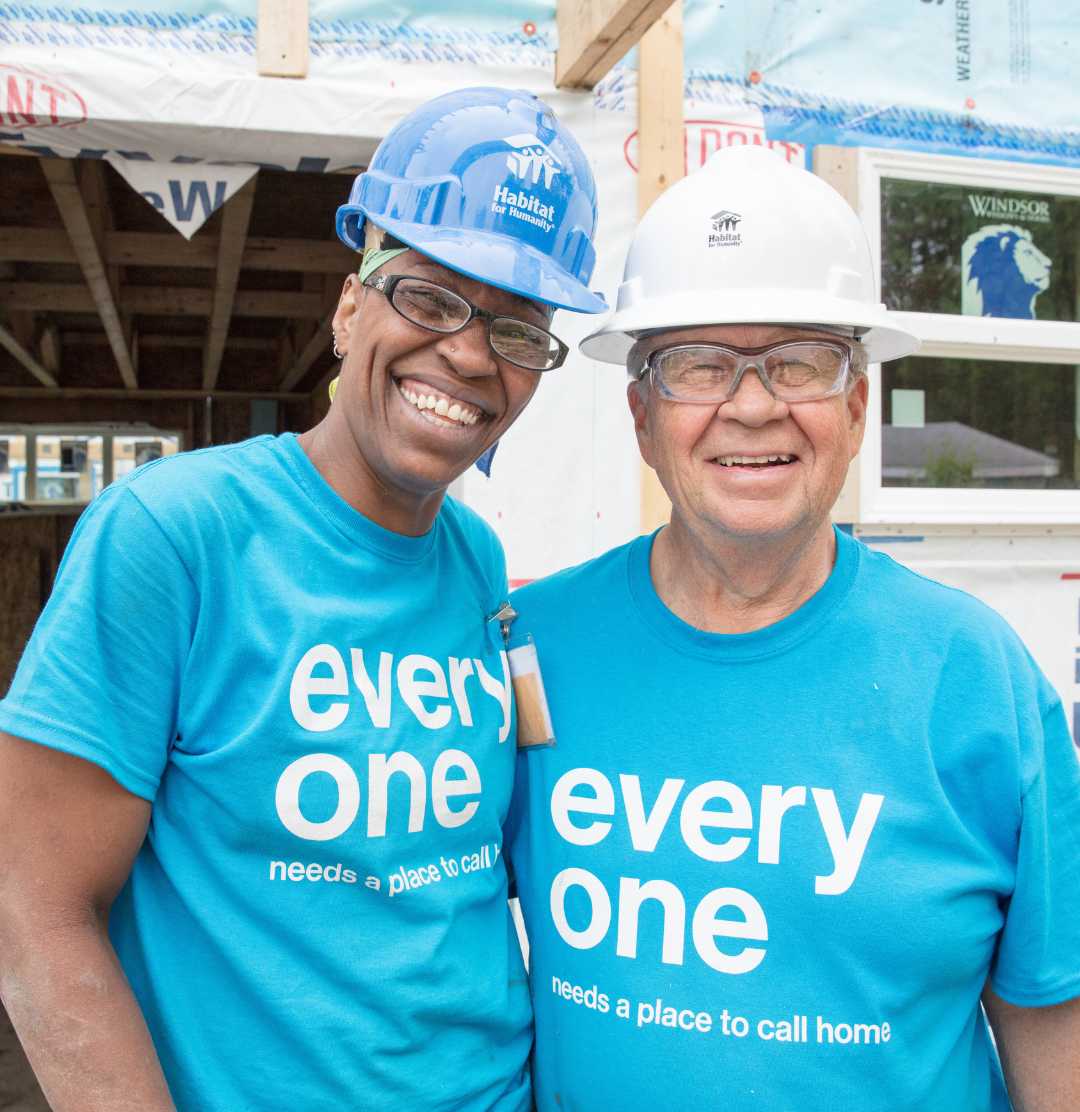March 27, 2024 | Alexa Johnson
What Is Planned Giving?
Planned giving—sometimes called legacy giving—refers to a charitable donation that is arranged in advance and typically made as part of an individual’s overall financial and estate planning. It allows individuals to support their favorite charitable organizations in a way that fits their financial goals and long-term plans.
The goal of planned giving is to create a mutually beneficial arrangement between the donor and the charity, in which the donor’s gift helps support the charity’s mission, while also providing the donor with tax benefits, financial benefits, and a sense of fulfillment.
What Are the Different Types of Planned Giving?
There are many different types of planned gifts, each with its own unique advantages and disadvantages. Some of the most common forms of planned giving include:
1. Bequests – A bequest is a gift made through a will or trust that is paid out after a donor has passed away. This type of gift is a simple and flexible way for individuals to support the charities they care about even after they are gone. Bequests are the most popular form of planned giving, making up about 68% of all planned gifts.
2. Charitable Gift Annuities – A charitable gift annuity is a contract between a donor and a charity in which the donor makes a gift of cash, property, or other assets in exchange for the charity’s promise to pay a fixed amount of income to the donor for the rest of their life. After the donor passes, the rest of the assets are kept by the charity.
3. Charitable Trusts – Charitable trusts are flexible, customized arrangements in which a donor can direct how their assets are to be used by the charity, both during a donor’s lifetime and after their death. There are several different types of charitable trusts, including charitable remainder trusts, charitable lead trusts, and supporting organizations.





